Science
What is the Intent of our Science curriculum?
Students deserve a broad and ambitious Science curriculum, rich in skills and knowledge, which ignites curiosity and prepares them well for future learning or employment.
A high-quality science education provides the foundations for understanding the world through the specific disciplines of biology, chemistry, and physics. Science has changed our lives and is vital to the world’s future prosperity, and all students should be taught essential aspects of the knowledge, methods, processes and uses of science.
Through building up a body of key foundational knowledge and concepts, students will be encouraged to recognise the power of rational explanation and develop a sense of excitement and curiosity about natural phenomena. They will be encouraged to understand how science can be used to explain what is occurring, predict how things will behave, analyse causes, encourage creativity and problem solve.
The principal focus of the Science curriculum is to develop a deeper understanding of a range of scientific ideas in the subject disciplines of biology, chemistry and physics. Students should begin to see the connections between these subject areas and become aware of some of the big ideas underpinning scientific knowledge and understanding.
Students should understand that science is about working objectively, modifying explanations to take account of new evidence and ideas and subjecting results to peer review. Students will go through a process of experimentation or investigation to prove/disprove a hypothesis or theory.
How do we deliver our curriculum?
-
Our curriculum builds on prior learning through close transition liaison with partner primary schools.
-
At KS3 we offer a full range of topics that cover the national curriculum requirements for Biology, Chemistry and Physics. Our Schemes of work are designed to develop key concepts, foundational knowledge all building towards a mastery of the essential scientific knowledge, skills and understanding that provide a solid platform for development at KS4 and success at GCSE.
-
Well-constructed schemes of work provide a framework for planned progression and increasing levels of challenge.
-
Regular formative and summative assessment provide key opportunities for feedback to inform students of their next steps in learning.
-
There are regular opportunities within schemes of work to explore especially challenging aspects of the curriculum, to encourage resilience and creative thinking to ensure understanding.
-
We focus on the development of a wide range of skills important for the study of science including mathematical, literacy, working scientifically, investigative, problem solving, critical thinking and communication skills.
-
We embrace the use of the 21st Century Trivium model (grammar, dialectic, rhetoric) in our curriculum delivery so that students can think about and apply their learning in a range of new and challenging contexts, this is especially important in the improvement of students’ skills in GCSE AO2.
-
Departmental staff embrace curriculum and pedagogical CPD opportunities that will enhance the provision for learners.
-
The engagement and support with suitable STEM related extracurricular activities.
What is the impact of our curriculum?
-
Data tracking in each academic year to identify progress of individual learners and key groups.
-
Detailed analysis of GCSE courses.
-
Annual departmental review, including work scrutiny, to establish strengths and weaknesses and RAG-rated departmental development plan - leading to development and improvements in provision for students.
-
Regular reflection on the appropriateness of the curriculum leading to updates and improvements.
-
Appropriate uptake of triple science GCSE course.
What will students learn in Year 7?
Topics
Cells
Particles
Acids and Alkalis
Energy Resources
Chemical Reactions
Solutions
Forces and their Effects
Reproduction
Environment
Variation and Classification
Electrical Circuits
The Solar System and Beyond
In year 7 students begin their learning by establishing the foundation knowledge of the main scientific key concepts, Cells, Particles, and Energy.
This knowledge is then used to build an understanding of the living, material, and physical world.
-
Areas such as reproductive cycles, ecology and the environment are explored in biology.
-
Chemical reactions, solutions and acids and alkalis are explored in chemistry.
-
Forces, electricity and space are explored in physics.
-
Students learn and develop working scientifically skills including safe practical and observational skills.
-
How to use scientific models to explain abstract scientific phenomena.
-
Students learn how to integrate their mathematical skills with their science learning in aspects of data handling, graph drawing and interpretation.
-
They also develop their scientific literacy and expand their tier 3 vocabulary base.
What will students learn in Year 8?
Topics
Food and Digestion
Heating and Cooling
Magnets and Electromagnets
Atoms and Elements
Light
Inheritance and evolution
The Rock Cycle
Respiration
Compounds and Mixtures
Sound and Hearing
Microbes and Disease
Ecology
In Year 8 we aim to build on the fundamental ideas learnt in year 7 and develop them into a deeper understanding of scientific skills and knowledge.
-
Developing knowledge and understanding of life process and organ systems within biology.
-
Extending knowledge of particles into the subatomic level and an understanding of particle arrangement in compounds and mixtures.
-
Using knowledge of energy to explain the transmission of waves, all around us, including the electromagnetic spectrum and sound waves.
-
Students practice and enhance their working scientifically skills that were introduced in year 7.
-
Students begin to use more complex and multistep process to complete investigations safely.
-
How to use scientific models to explain abstract scientific phenomena.
-
Students develop the use of their mathematical skills with their science learning in aspects of calculations and use of formulae.
-
Students also continue to develop their scientific literacy and expand their tier 3 vocabulary base to include the language of the new topics taught.
What will students learn in Year 9?
Topics
Fit and Healthy
Plants and Photosynthesis
Metals and Metal Compounds
Energy and Electricity
Types of Chemical Reactions
Forces and Motion
GCSE Topics started - Cells and Cell division, Atomic Structure, The conservation, and dissipation of energy.
In the first half of year 9 we complete the KS3 programme of study ensuring that students have a comprehensive basic knowledge of all aspects of biology, chemistry and physics; along with a useful working scientifically and maths skills base.
-
We expand students understanding of life processes and organ systems in the study of botany. And to use knowledge of organ systems in animals to explore the effect of external factors on their performance.
-
We expand students understanding of what happens in a chemical reaction with a focus on metals. Showing chemical reactions in terms of chemical equations.
-
To use ideas of forces energy transfer to explain the motion of objects and the everyday implications of energy transfer in electrical devices.
-
Students will then, in preparation for GCSE study, recap the fundamental topics of cells, atomic structure, and energy, building on their prior knowledge and developing a greater depth of understanding.
-
Working scientifically skills and maths skills are further developed in year 9 with specific focus on the rearrangement of formulae.
GCSE Course
During Key Stage 4 students follow the AQA science course. This is tailored to suit students' individual needs, resulting in 2 or 3 GCSE science grades.
A significant number of students opt to choose to study the separate sciences at GCSE level, that is, Biology, Physics and Chemistry (Triple Science).
Students will sit all science examinations in the June examination series of year 11.
Some students will also follow the AQA ELC (entry level course). These students will still cover the national curriculum for KS4 and will be dual entered for ELC and AQA Combined Science Trilogy (Foundation Level)
Homework and Independent Learning
The aim of the homework we set is to embed and extend the learning that has taken place in the classroom. Homework is regularly set on Class Charts.
-
Homework set could be in the form of a quiz on the “Educake” website (https://www.educake.co.uk/) to which all students have a personal login.
-
Revision/learning homework in preparation for assessments.
-
Practice examination questions (KS4).
-
Research/project work
-
Worksheet/paper-based homework.
Extra-curricular and Enrichment Opportunities
-
Assemblies, workshops and visits to local post 16 providers to find out about post 16 opportunities in science.
-
Within the Personal Development and Careers programme students will explore curriculum pathways to university courses and future careers.
-
They will also receive and investigate Information, Advice and Guidance on future pathways including apprenticeships, post 16 opportunities including T levels and training providers.
-
Students can also develop their understanding and future career pathways in science as part of the Academy Work Experience programme.
-
Throughout each year students may have the opportunity to take part in several extra- curricular activities. As a STEM subject the science department take advantage of the many activities run by external agencies.
-
Some examples of the activities students have participated in include, Space Day, Science week visit to Plymouth University, The Big bang at Petroc, The Wonderstruck Science show.
Useful links
Educake (All students will have their own login)


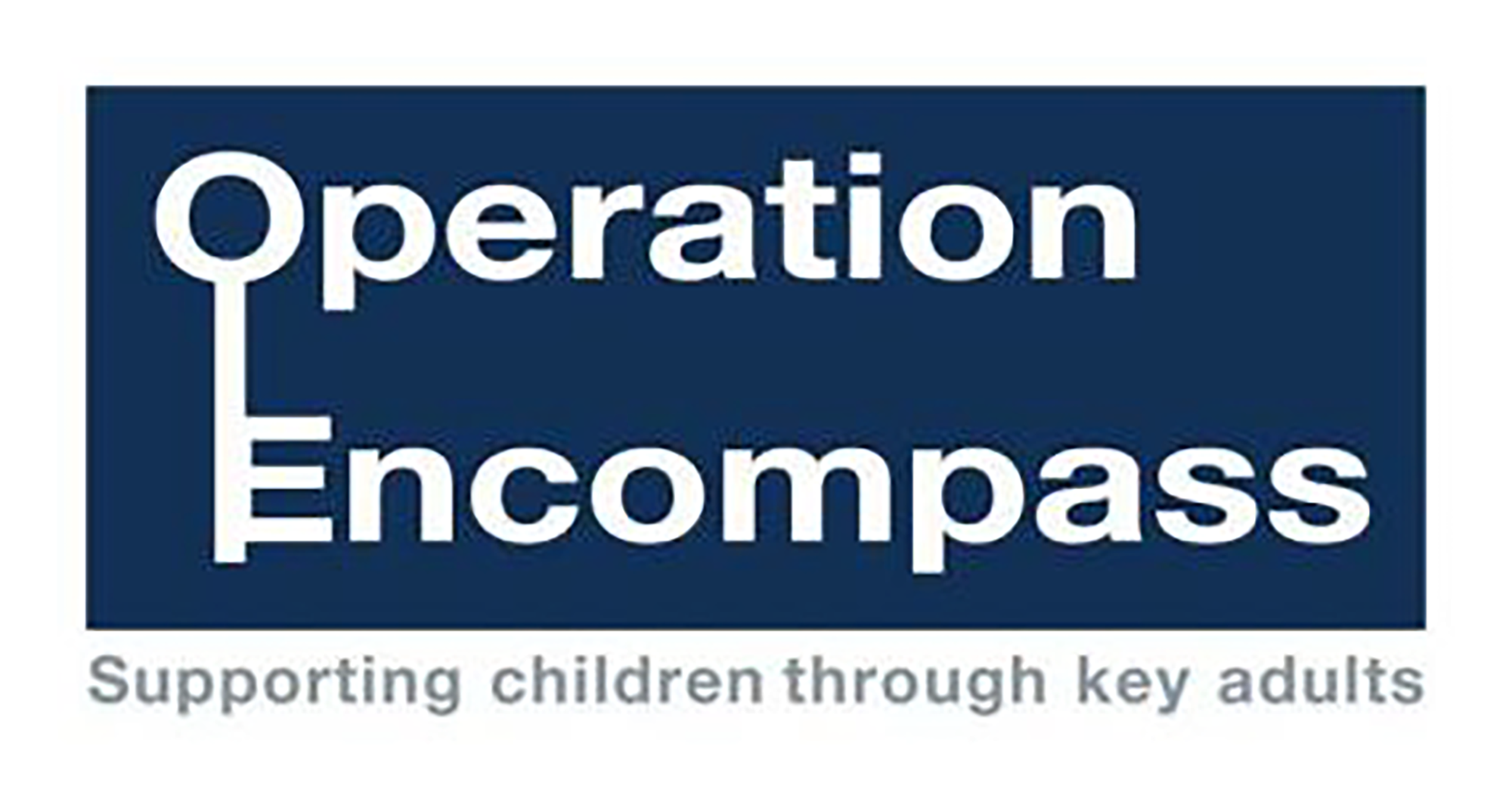 encompass
encompass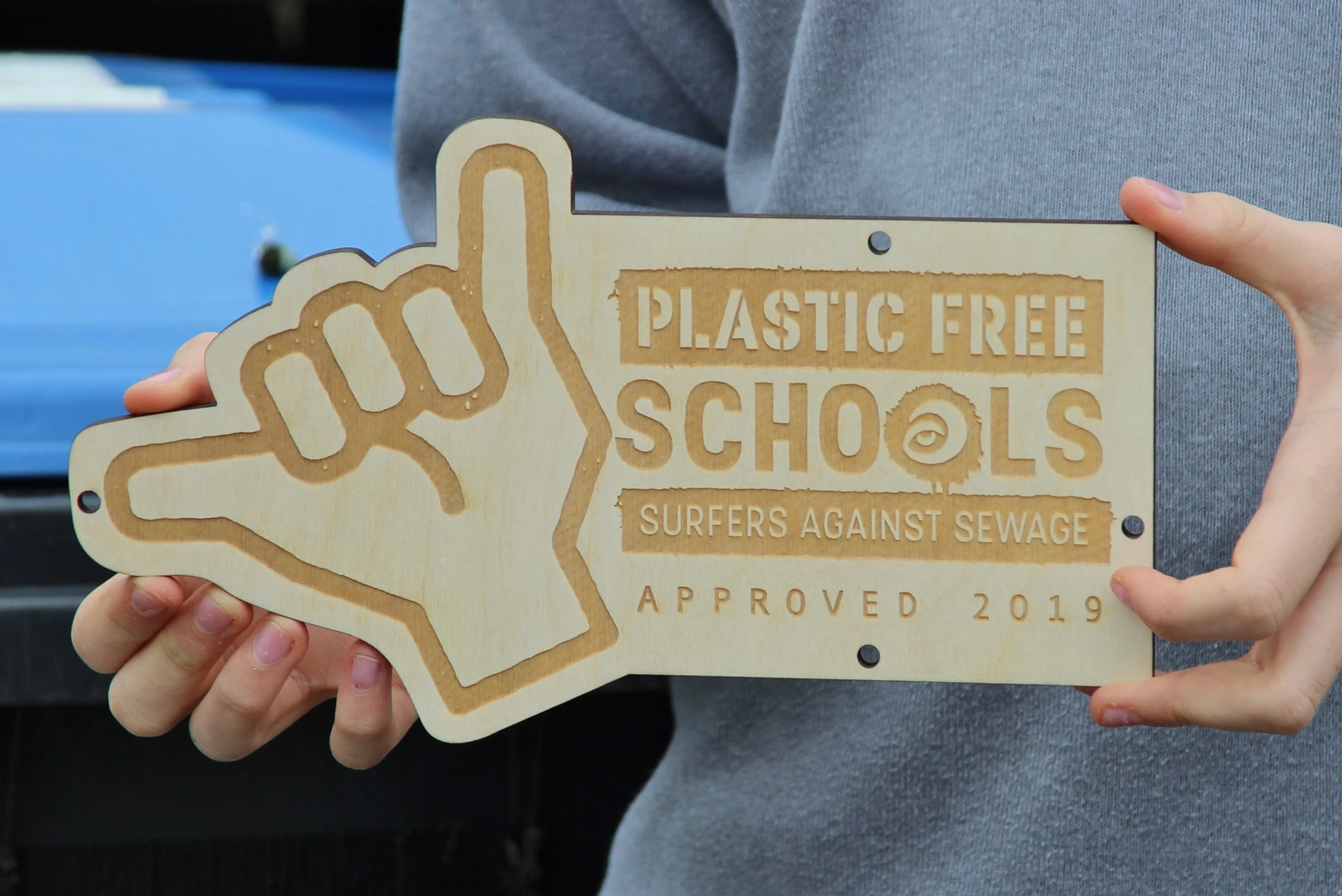 plastic free schools
plastic free schools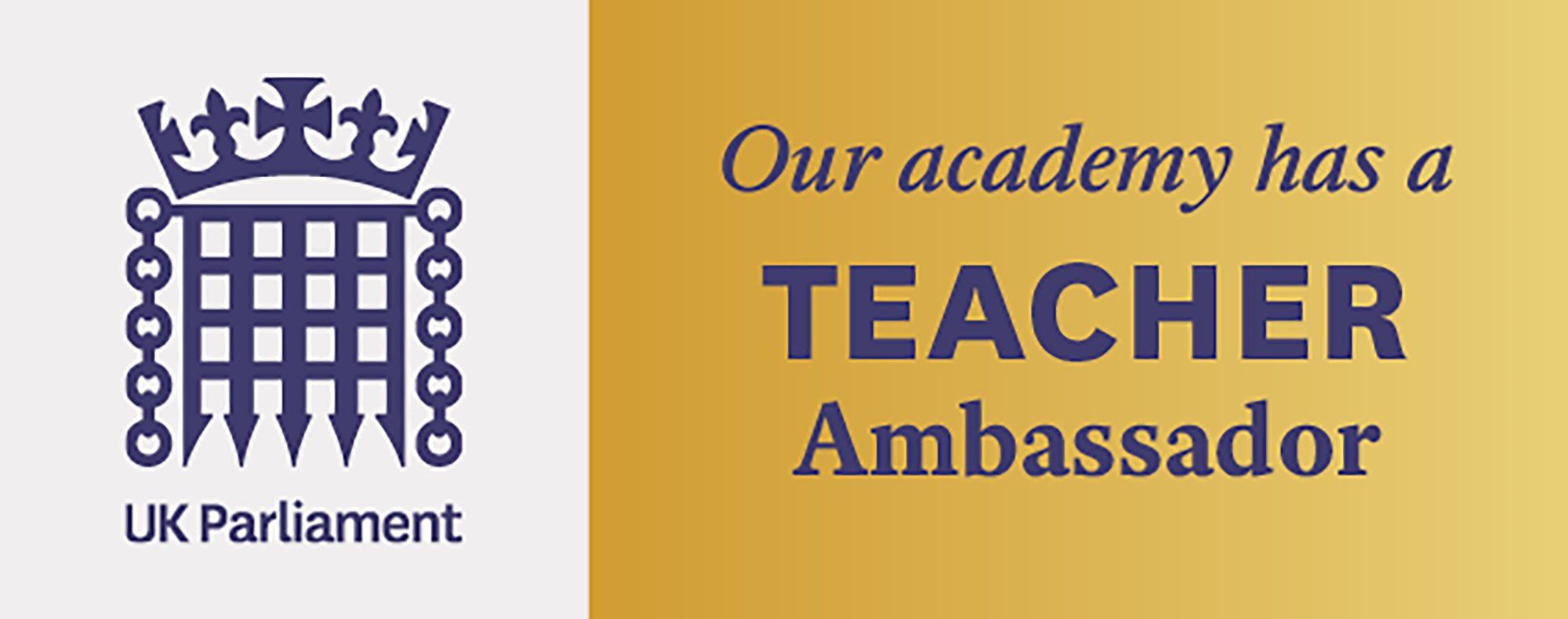 Teacher ambassador
Teacher ambassador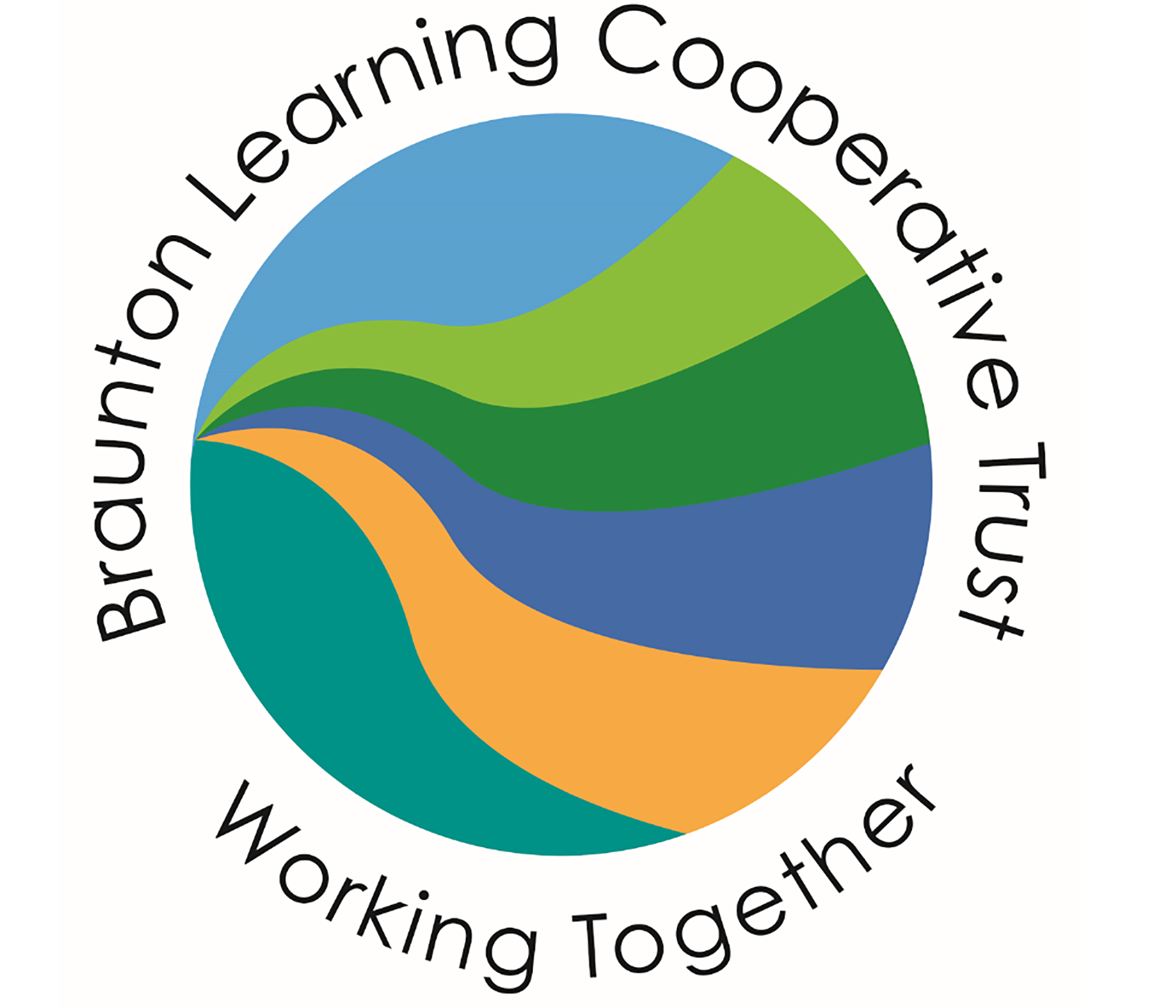 Learning cooperative trust
Learning cooperative trust Ofsted logo
Ofsted logo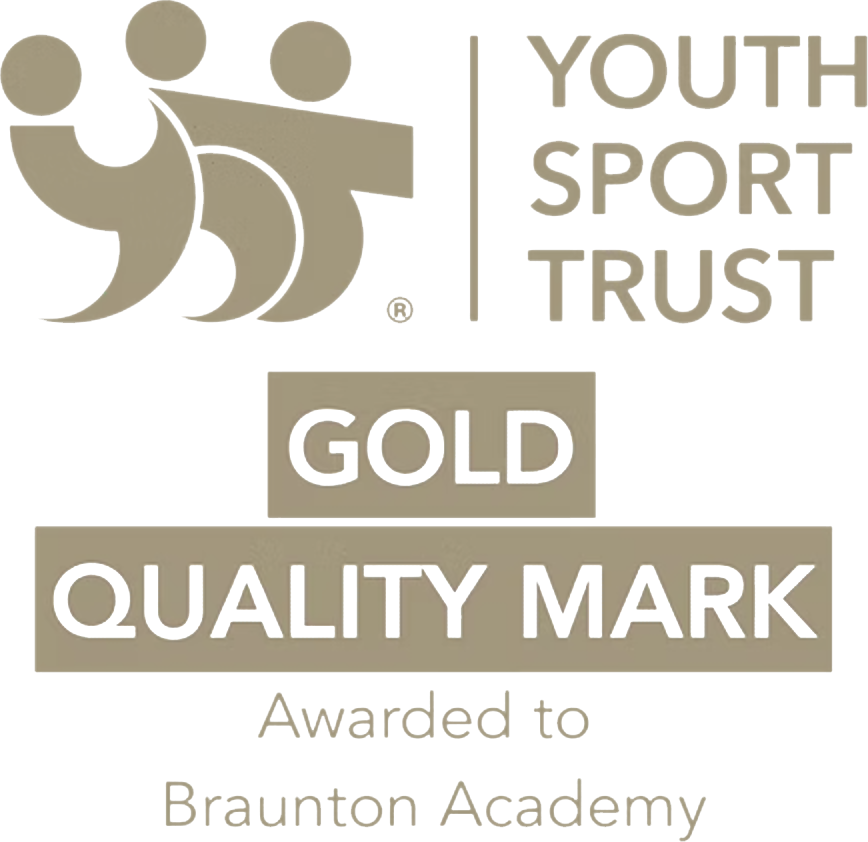 Youth Sport
Youth Sport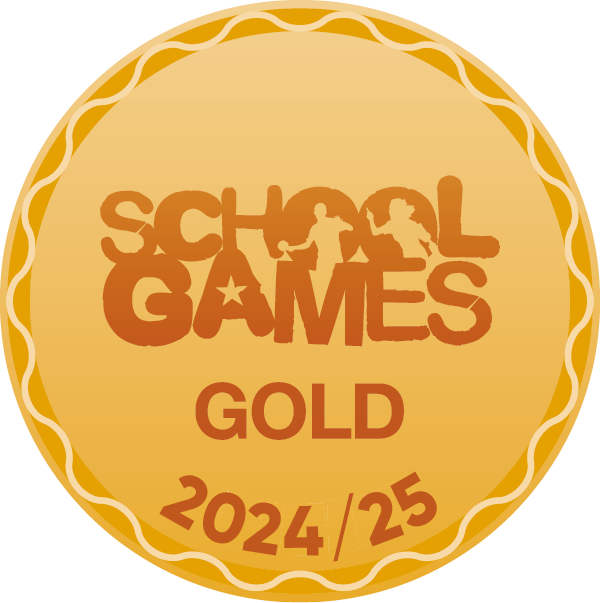 School Games Gold Award
School Games Gold Award